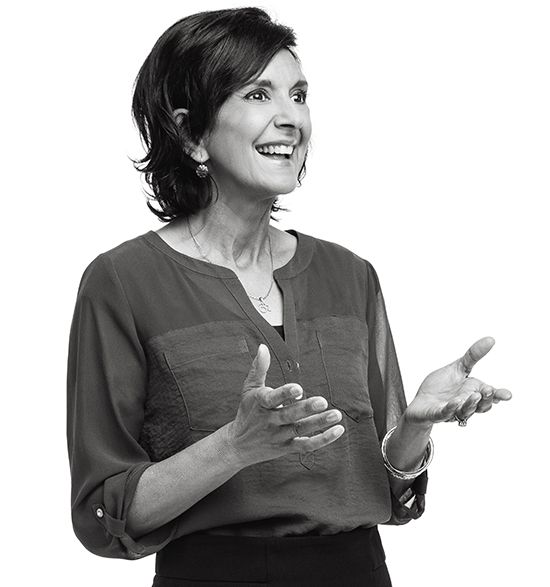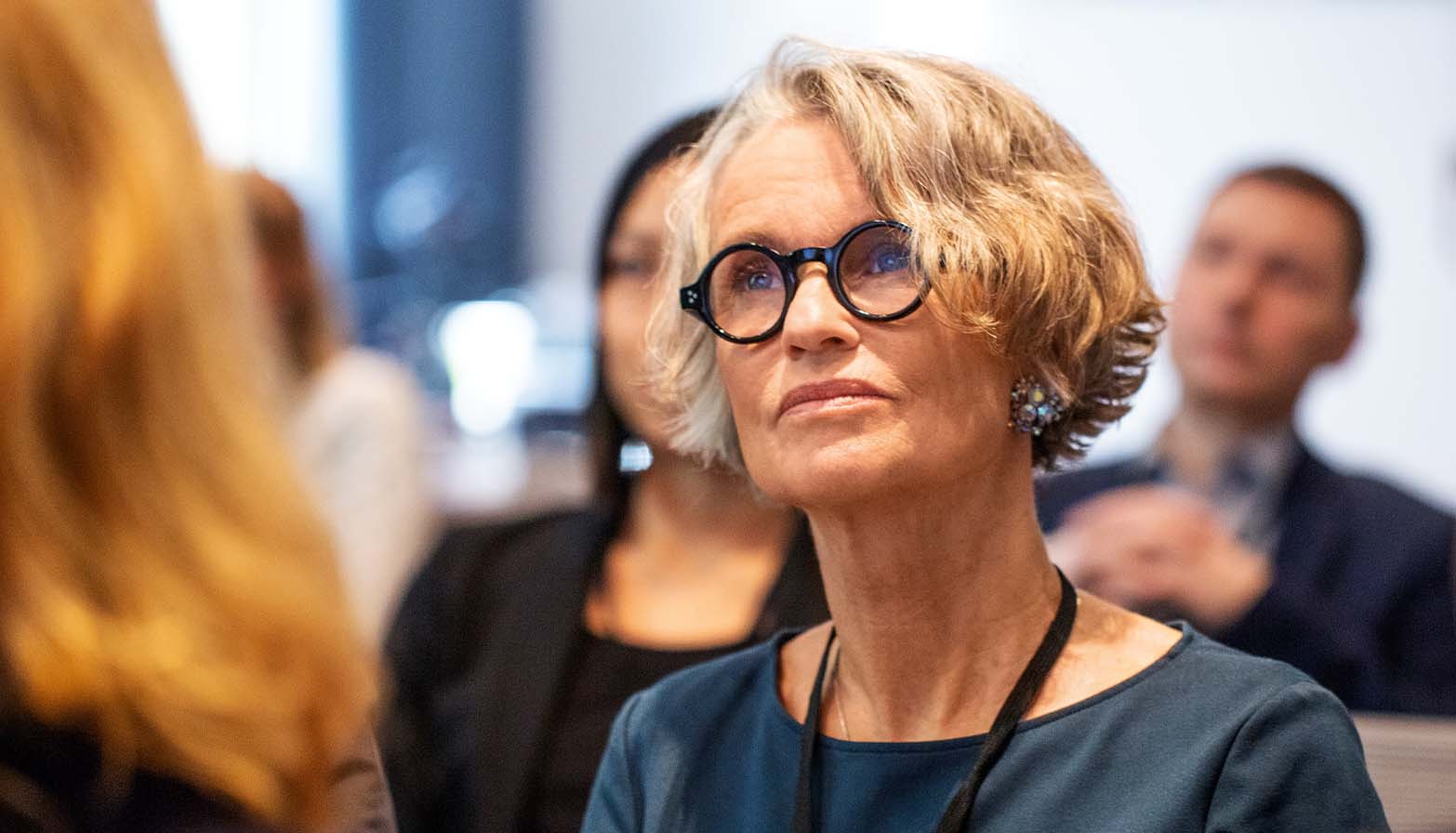Develop Leaders People Choose to Follow

Free Report
Free Webcast
Join #1 Bestselling Author Stephen M. R. Covey and Learn How to Intentionally Create Trust
Our Approach to Leadership Development
FranklinCovey is the world’s most trusted provider of leadership development solutions that unleash the full potential of leaders and their teams.
Our unique approach to leadership development combines powerful content based on decades of research and development, expert consultants and facilitators, and innovative technology that supports and reinforces lasting behavior change.
Partner With FranklinCovey to Develop Your Leaders
Through our timeless and principle-based frameworks, your leaders will see their potential to engage others, expand their impact, create collective action, and deliver breakthrough results for your organization.

Our leadership development solutions change how your leaders see themselves, transforming the way they work with their teams and improving the results they deliver.
Leadership Capabilities
FranklinCovey provides learning solutions based on 35+ years of research and refinement to help your leaders pursue key opportunities for professional development.
Lasting behavior change comes from the inside out. Who people are, and how they view the world, impacts how they engage and lead others. Our Impact Journeys combine our exclusive content, expert consultants, and powerful technology to help people change both their mindset and their behavior.
Explore a sample Impact Journey excerpt below.














